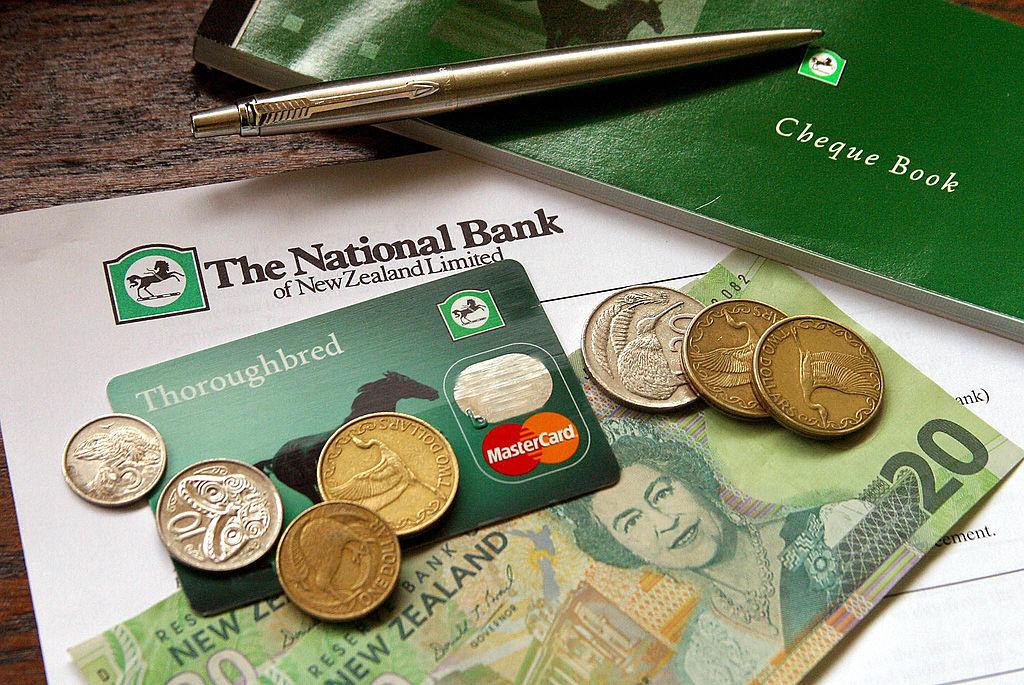A significant fall in inflation and a “subdued” economy has convinced the Reserve Bank of New Zealand (RBNZ) to cut the official cash rate (OCR) by 50 basis points to 4.75 percent.
It says consumer price inflation is within its 1 to 3 percent target range, and converging on the 2 percent midpoint. When it announced a 25 basis point cut in August, it said inflation was at 3.3 percent.





